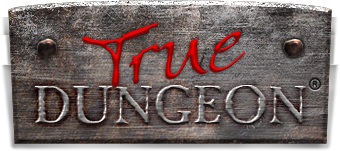|
Welcome,
Guest
|
TOPIC: Applying bids to multi-item auctions
Applying bids to multi-item auctions 5 years 10 months ago #37
|
Please Log in or Create an account to join the conversation. |
Applying bids to multi-item auctions 5 years 10 months ago #38
|
|
Please Log in or Create an account to join the conversation. |
Applying bids to multi-item auctions 5 years 10 months ago #39
|
Please Log in or Create an account to join the conversation. |
Applying bids to multi-item auctions 5 years 10 months ago #40
|
|
Please Log in or Create an account to join the conversation. |
Applying bids to multi-item auctions 5 years 10 months ago #41
|
|
Please Log in or Create an account to join the conversation. |
Applying bids to multi-item auctions 5 years 10 months ago #42
|
|
Please Log in or Create an account to join the conversation. |
Applying bids to multi-item auctions 5 years 10 months ago #43
|
Please Log in or Create an account to join the conversation. |
Applying bids to multi-item auctions 5 years 10 months ago #44
|
|
Please Log in or Create an account to join the conversation. |
Applying bids to multi-item auctions 5 years 10 months ago #45
|
|
Please Log in or Create an account to join the conversation. |
Applying bids to multi-item auctions 4 years 5 months ago #46
|
|
Please Log in or Create an account to join the conversation. |
Applying bids to multi-item auctions 4 years 5 months ago #47
|
|
Please Log in or Create an account to join the conversation. |
Applying bids to multi-item auctions 4 years 5 months ago #48
|
Please Log in or Create an account to join the conversation. |
Time to create page: 0.088 seconds





